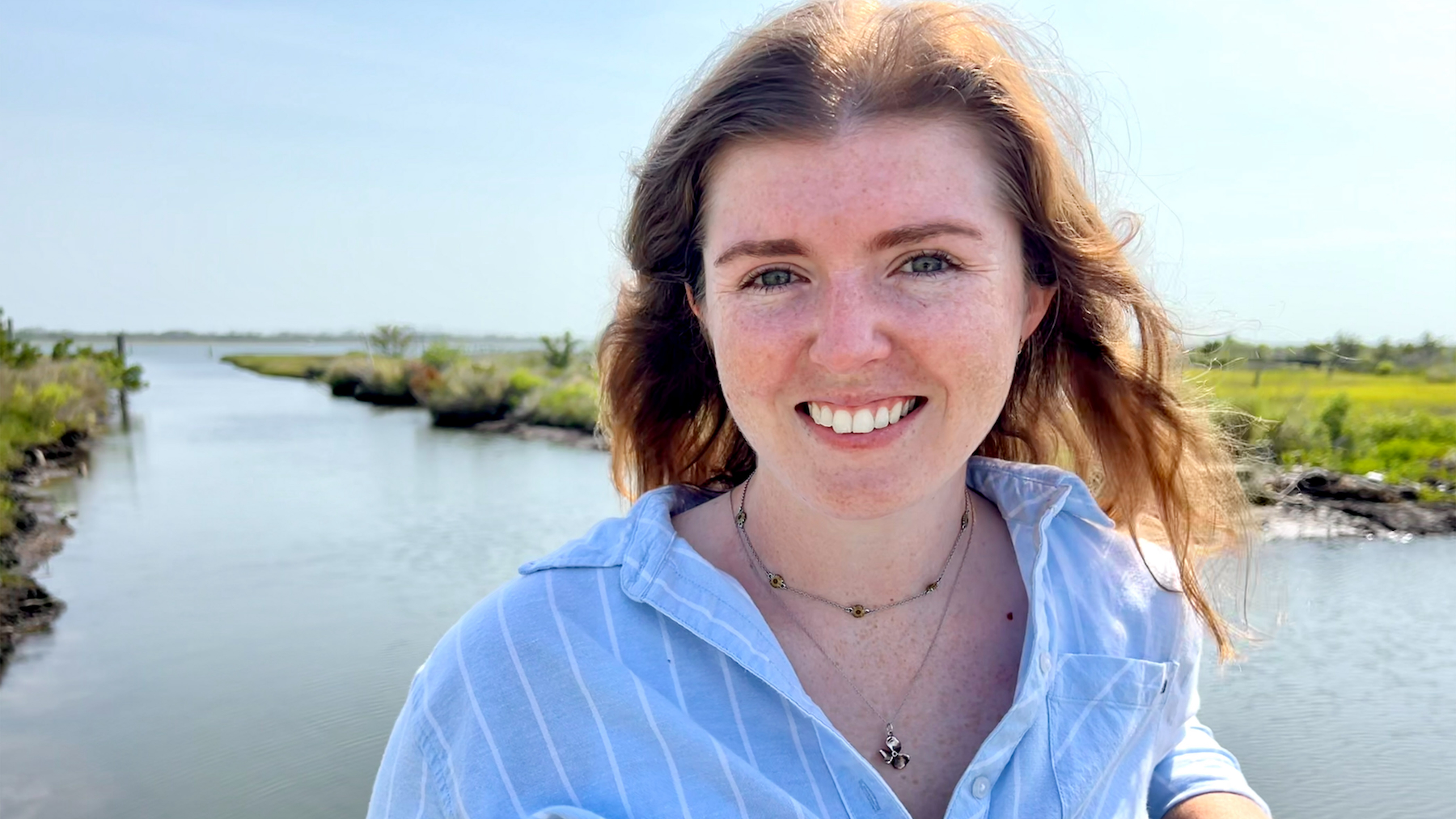NC State CMAST Scientists Involved in Humane Response and Postmortem Examination of Stranded 700lb Leatherback Sea Turtle
[MARCH 10, 2015]

(March 10, 2015) On Friday morning March 6th, a leatherback sea turtle was found near Rodanthe, barely alive and half buried in sand. A team from Cape Hatteras National Seashore headed by Paul Doshkov responded.
In consultation with Craig Harms, Veterinarian and Director of Marine Health Programs at NCSU CMAST and Matthew Godfrey, Sea Turtle Biologist with the NC Wildlife Resources Commission, it was determined that the turtle would not survive immediate release or transport for attempted rehabilitation.

Leatherback sea turtles are large and powerful but have very fragile skin that easily abrades in captive settings, leading to fatal infections when held for any length of time. With authorization from the US Fish and Wildlife Service, humane euthanasia was carried out and the turtle was transported to Morehead City for postmortem examination the following day.
She was a 706 pound female bearing flipper tags that indicated she had previously nested somewhere in Panama. Scavenging gulls had damaged both eyes before they were buried by sand, and she had sustained one small shark bite.
Like with all other leatherback sea turtles examined postmortem by CMAST investigators, this one contained plastic in her GI tract. She also had evidence of forced submergence. Further testing to help determine the cause of stranding will include histopathology (microscopic examination of preserved tissues) and harmful algal bloom (HAB) toxin analysis, which will require some weeks to complete.

As unfortunate as it is when marine animals wash ashore, these occurrences provide valuable opportunities to learn more about their biology and our impacts on them. Samples collected during the postmortem examination are being distributed to several collaborating institutions both in state and out of state.
Veterinarians based at NCSU CMAST provide medical care for rehabilitating sea turtles at the Karen Beasley Sea Turtle Rescue and Rehabilitation Center and the NC Aquariums. The species most commonly treated are loggerhead, Kemp’s ridley and green turtles, all of which are “hardshell” turtles that are more adaptable to captive conditions than leatherbacks. Success rate for rehabilitating and releasing hardshell sea turtles in North Carolina exceeds 85%.
- Categories:


